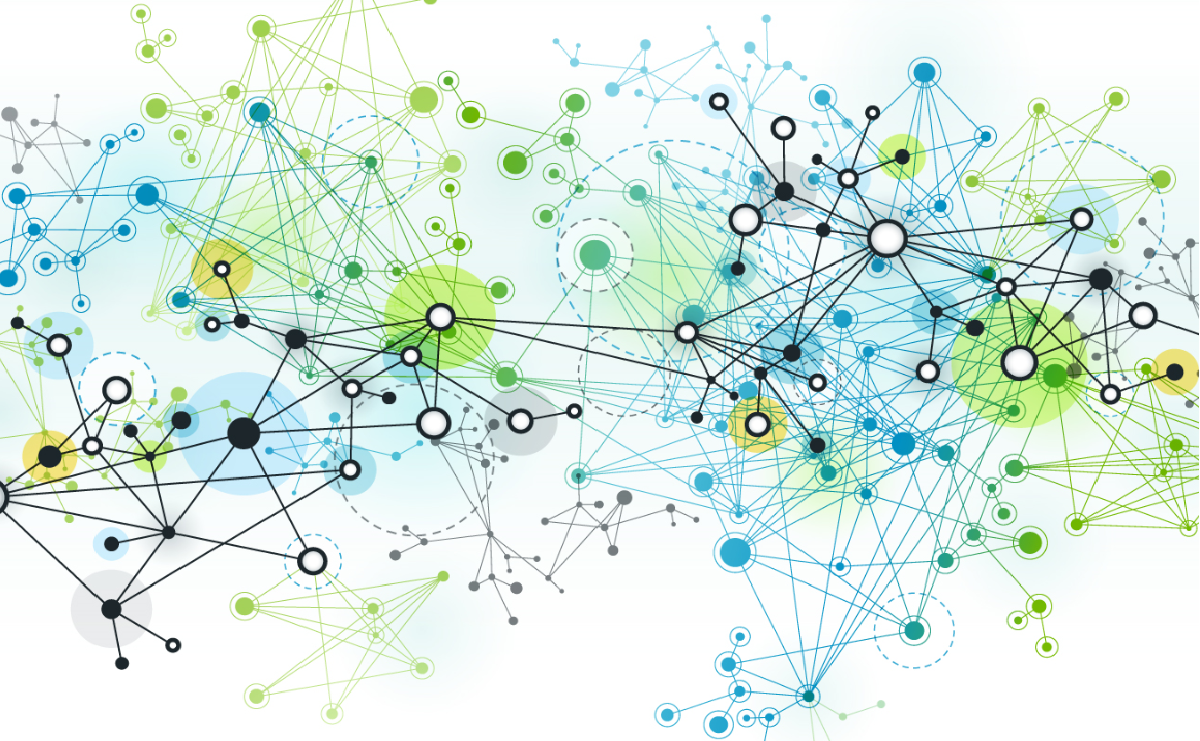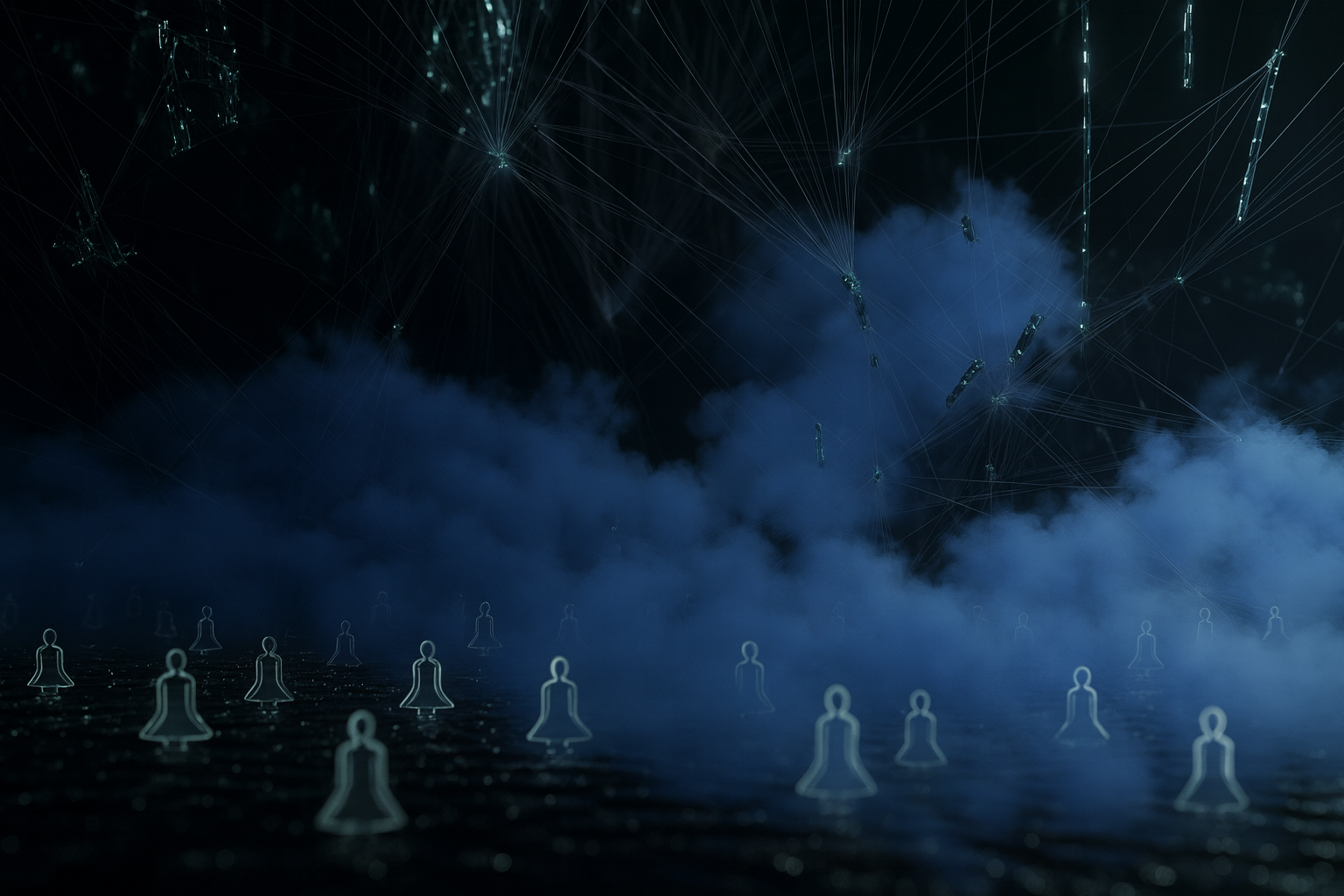Open Clusters: A New Approach to Hybrid Community & Movement Building

Every community will be unique with a collective ambition or purpose that is specific to its members. The aim here is not to give universal answers, but to point to what we have learned and where we have landed.
How We Gather — The Human Approach
Pre-Covid, new approaches were evolving about how we effectively gather in the physical world. What are the conditions, constitutions, cultures, configurations, and power dynamics that contribute to specific outcomes?
Top-down, hierarchical corporate structures were being broken into Agile, distributed small groups that gave focus, energy and dynamism to innovation — producing better ideas and advancing processes. Employees were empowered.
Through Project Aristotle, Google analysed what made the perfect team. Turns out it’s not about superheroes or super networks. It’s about stuff that is deeply important to us as individuals. Having a clear purpose and seeing the impact we can individually and collectively achieve. Imbuing behaviours and norms that create spaces for psychological safety and trust. Working in small, agile teams with autonomy.
Peter Block’s Community: The Structure of Belonging examines “The Power of the Small Group”:
👁️ Each gathering needs to become an example of the future we want to create.
👪 The small group is the unit of transformation.
🤝 Large-scale transformation occurs when enough small groups shift in harmony toward the larger change.
💪 Small groups have the most leverage when they meet as part of a larger gathering.
🧠 The small group produces power when diverse thinking and dissent are given space, commitments are made without barter, and the gifts of each person and our community are acknowledged and valued.
In support of this, Greg Satell’s Cascades: How to Create a Movement that Drives Transformational Change understands networks as “small worlds” clustered into tight communities, but also connected through links over long distances.
Small groups, loosely connected, have a strange power to synchronise.
Loosely connected small groups can drive massive synchronised behaviour as long as some element of randomness is introduced into the system (and in the real world, randomness almost always comes into play).
Community Tech & the Great Brand Hijack
The concept of ‘community’ has been hijacked by big brands, commerce and the technologies that support them. ‘Community’ became a form of customer feedback, canvassing and informing strategy. Members were really consumers.
The tech that evolved reflected this purpose — strong centralised control and lots of retention tools to keep consumers engaged. The tech business models and brand community strategies aligned — members trapped in gated digital spaces that held their attention and facilitated the SaaS subscription model that Silicon Valley so loves. To make this approach work, we have seen a growth in paid ‘Community Managers’. Curators, nudgers, and cheerleaders are tasked with keeping their brands relevant.
Lockdown, Hybrid Living & Community Burnout
Covid and lockdown have accelerated our understanding of the interaction between genuine, collective, and collaborative community-building and tech.
Of course, Zoom, Slack, Teams and other communication apps have helped companies organise efficiently — allowing us to technically connect and work. But community tech, designed for brands and commerce has largely been repurposed (and failed).
Amazing people who believed in better worlds, collective impact or just helping others, found themselves trapped in experiences where they were doing most of the work. The load of keeping the community together or relevant rested on their shoulders (like those of the paid Community Manager) and they found themselves in situations where 95% of the energy was coming from 5% of the community. Communities of consumers, voyeurs, likers, love-hearters and warm wordsmiths. The result for many was burnout.
Resilient, purposeful and dynamic communities are more distributed in nature — fuelled by the energy, identity, interest and passions of individuals. They ebb and flow, can be successfully dynamic or passive, can splinter, be born and have time to die.
We need a different approach to community tech.
We are Human-Led
How we organise ourselves. Whilst small groups can create strong bonds that lead to impact, we also now know that clustering (looser, weaker bonded, but connected ideas and people) can lead to incredible transformations. Indeed, clustering can be part of a journey to deeper communities or broader ecosystem models. Further, we use Systems Thinking, we can understand who we need to bring into our orbits to change the dynamics, diversify thinking or build better solutions.
Unlocking the power of social capital. In theory, our collective knowledge and experience should allow us to unlock most of our challenges. However, creating the environment, the pre-conditions, the engagement and future sustainability is deeply human and very messy. It is hard enough with people we have known and trusted. How can we unlock the power in strangers?
We are Tech-Powered
Our technology architecture is designed around our assumptions on human behaviour and what encourages us to be part of the change.
In particular:
😌 We facilitate frictionless experiences around self-organisation. From chat to post to group to cluster to community or ecosystem, Community Lab lets you build a connected network around your idea or challenge. Creating all this is as simple as starting a WhatsApp group.
🦺 We have functionality that can create environments of psychological safety or trust, within an open architecture.
🔭 We allow you to discover in different dimensions, by people, by ideas, by challenges, by topics. Finding the people, inspiration or best project to work on.
📈 We never sell your data. However, we can use analytics to help you understand the important dynamics of your clusters and groups.
Community Lab is free to join. Start exploring here.




